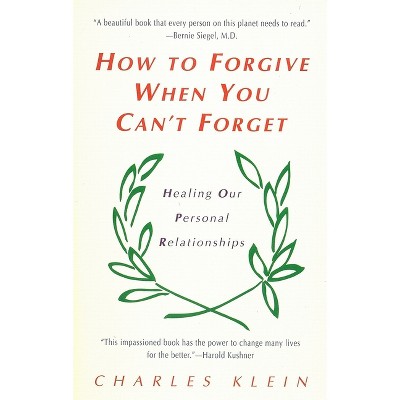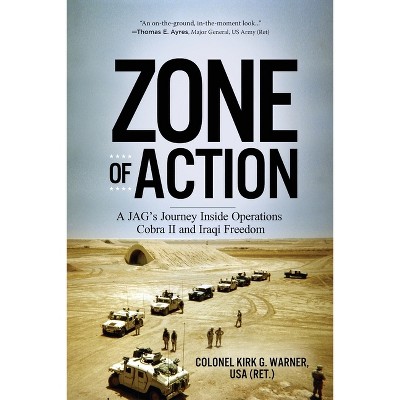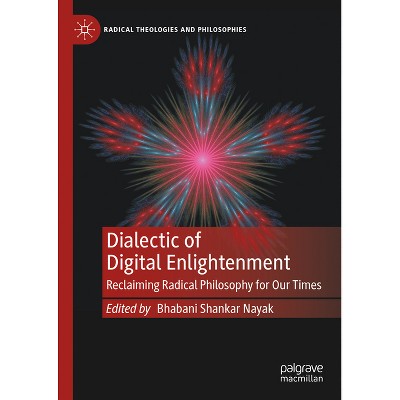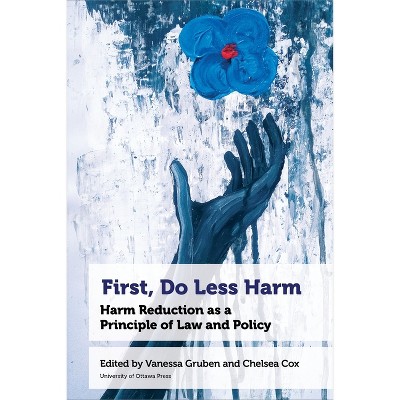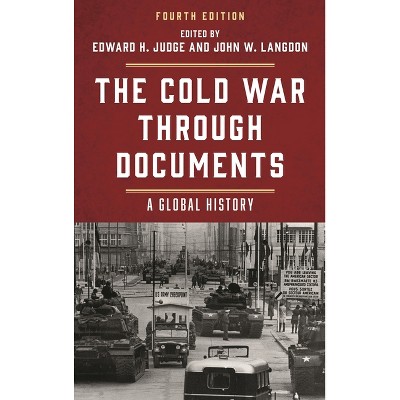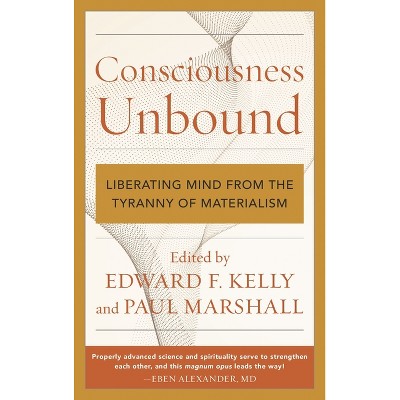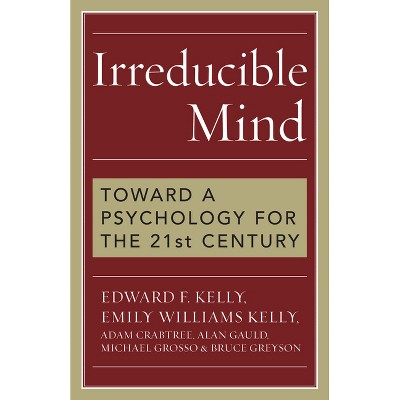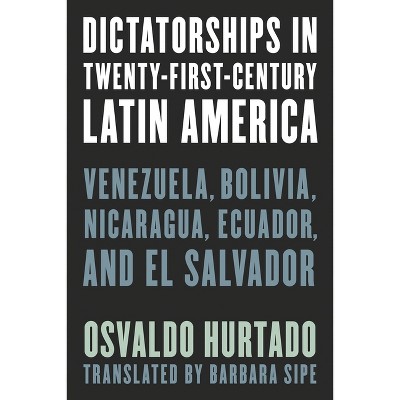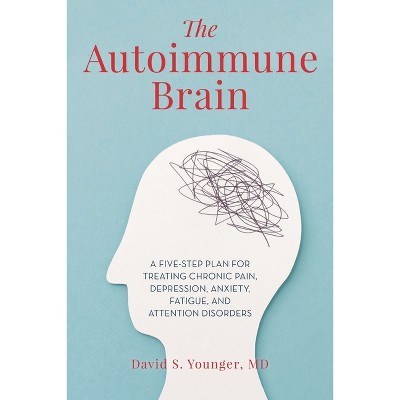Sponsored

Poverty and Power - 4th Edition by Edward Royce (Paperback)
In Stock
Sponsored
About this item
Highlights
- Clear, accessible, and compelling - a critical guide to the unequal distribution of economic, political, and cultural power and its effects on the persistence of poverty and economic hardship
- About the Author: Edward Royce is professor emeritus of sociology at Rollins College, where he was a recipient of the Cornell Distinguished Faculty Award.
- 308 Pages
- Business + Money Management, Economics
Description
About the Book
Clear, accessible, and compelling - a critical guide to the unequal distribution of economic, political, and cultural power and its effects on the persistence of poverty and economic hardshipBook Synopsis
Clear, accessible, and compelling - a critical guide to the unequal distribution of economic, political, and cultural power and its effects on the persistence of poverty and economic hardship
Review Quotes
At a time when America is facing a crisis of inequality and rising poverty, Edward Royce's Poverty and Power is a critical guide to understanding the true causes of economic hardship in our country and to avoiding falling for the false and misleading ideas about poverty that are so popular in the mass media. Poverty is a problem created by political power--Royce shows how it's done, and how it can be undone.
Clear, accessible, and powerfully argued, Poverty and Power offers readers a deeply informed exploration of how we tend to explain poverty in the United States and how those dominant explanations differ from what we know about the reality of being poor in America. There may be no better single-volume introduction to the issue than this compelling and comprehensive book.
Edward Royce's Poverty and Power provides a comprehensive look at the reasons why poverty persists in the United States and why it is so often taken for granted by many Americans. Royce's compelling argument identifies the cause of poverty as rooted in inequalities in power and politics and shows the inadequacies of individualistic, cultural, and human capital theories of poverty.
I use Royce's book Poverty and Power when teaching a sociology course focused on social class. In a clear and up-to-date manner, Royce challenges common myths about social class in the U.S., and presents data and corresponding arguments that reveal structural causes of poverty, rooted in economic, political, social, and cultural systems.
Poverty and Power is an essential text for students interested in understanding the intersection of structural poverty and the unequal distribution of power in the U.S., and how the former is perpetuated by the latter.
Poverty and Power is an excellent textbook that not only provides rigorous analysis of the ongoing socio-economic issues in the United States, but challenges students to think more critically at how structural and institutional norms reinforce poverty.
Poverty and Poweris the best one-stop-shop I have found for helping students to understand how inadequate our understandings of poverty are in the U.S. and how central power is to fostering--and, ultimately, to addressing--poverty.
The single most comprehensive structural exploration of inequality and poverty.
This updated edition of Poverty and Power remains the single most comprehensive exploration of structural inequality I have ever read. The book brilliantly excoriates our prevailing belief that poverty and inequality result from individuals' poor decisions or bad personal attributes. For my colleagues, Poverty and Power has become the 'go-to book' for undergraduate and graduate classes that examine the economic, cultural, political, and social layers of systemic inequality.
About the Author
Edward Royce is professor emeritus of sociology at Rollins College, where he was a recipient of the Cornell Distinguished Faculty Award. In addition to Poverty and Power, he is also the author of Classical Social Theory and Modern Society: Marx, Durkheim, Weber (2015).Shipping details
Return details
Trending Non-Fiction







